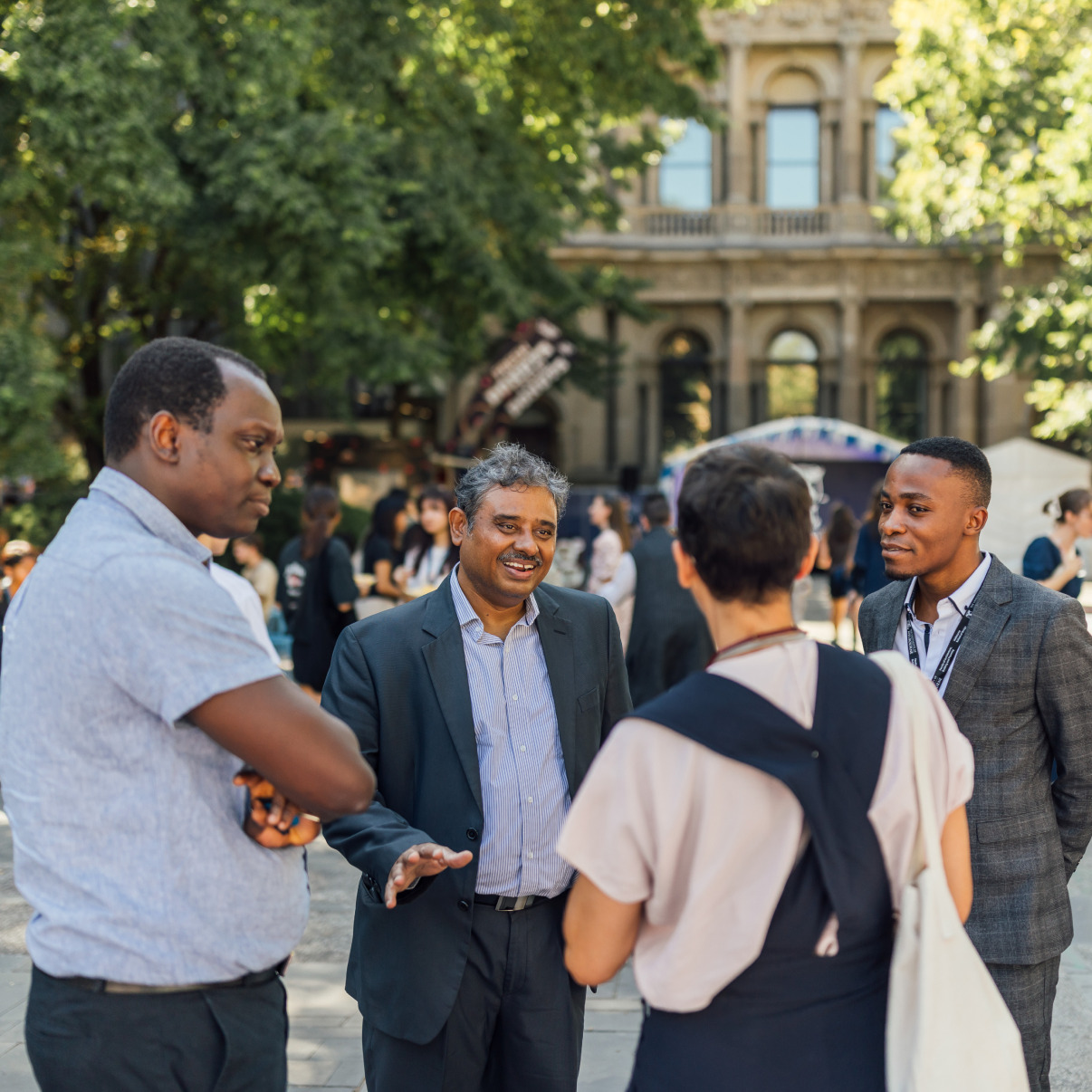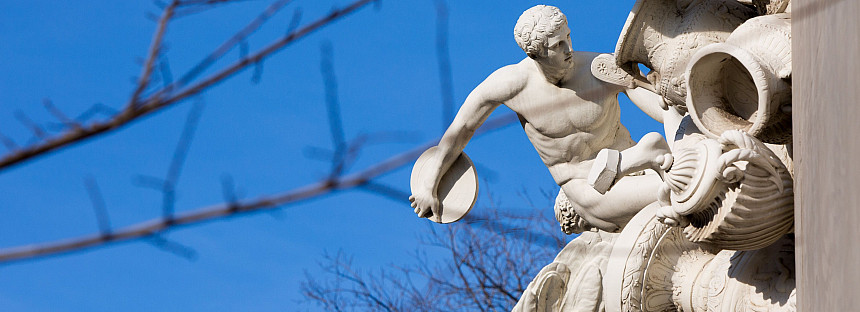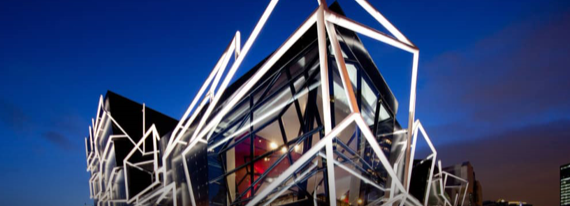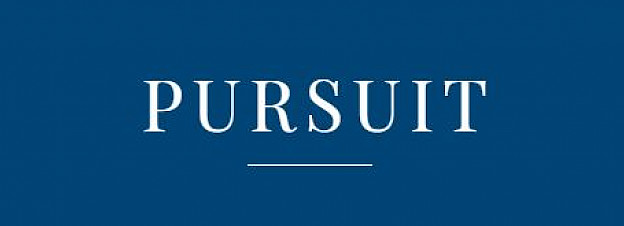
University of Melbourne Events Calendar
Featured events
Digital Marketing and Suicide Prevention Summit 2024
An international summit bringing the world’s medical and marketing experts together to advance knowledge and reduce suicide.
Location
Lecture Theatre 1, Melbourne Business School
200 Leicester Street Carlton, VIC 3053
(Registration and arrival coffee starts at 08:30 AM)
Welcome to the Digital Marketing and Suicide Prevention Summit!
This event will bring together experts in consumer psychology, digital marketing and mental health with the ultimate aim of advancing knowledge and reducing suicide rates.
Participants will hear expert talks and be involved in discussions on:
- How to use digital marketing techniques to identify at-risk individuals online
- At-risk suicide individual identification and online targeting using persuasion
- Social media and youth suicide
- Artificial intelligence and message personalisation
With keynotes by:
- Mr. Jiro Ito - a psychiatric social worker at OVA Japan - who will discuss the origins of using Google Ads for suicide prevention.
- The Wavemaker Team - one of the globe’s leading digital marketing agencies - who will discuss how to develop a multiplatform strategy to reach individuals in distress.
- Dr. Roisin McNaney - a digital health researcher at Monash University and the director of CSIRO Next Generation of Graduates in AI in Mental Health program - who will discuss the responsible innovation of AI in mental health.
Other speakers include:
- Ms. Jennifer Waltmon - lived-experience advisor and suicide prevention researcher, Suicide Prevention Australia.
- Dr. Brent Coker - viral and digital marketing expert, University of Melbourne.
- Dr. Sandersan Onie - suicide prevention researcher, Black Dog Institute.
- Dr. Louise La Sala - suicide prevention researcher, Orygen.
The event is free and lunch will be provided. However, registration is essential.
Please register through our Eventbrite page at the following link, and click on the “General Admission” ticket.
Whether you’re a marketing professional, mental health advocate, or simply interested in making a difference, this summit is for you. Don’t miss this unique opportunity to collaborate, learn, and drive positive change. See you there!
If you have any questions regarding the event, please contact Febriana (febriana.wisnuwardani@unimelb.edu.au)
Content warning: This summit will contain references to and discussions about suicide, suicide prevention, and self-harm, which may be distressing for some people.
If you need support or to speak to someone, the following services are available 24 hours a day:
- Lifeline: 13 11 14
- Suicide Call Back Service: 1300 659 467
- Beyond Blue: 1300 224 636
Retrofit Forum: Bushfire Retrofit Toolkit
The 2019–20 Australian bushfire season, or Black Summer, was one of the most intense, catastrophic fire seasons on record. It included bushfires in many parts of Australia, which, due to its intensity, size, duration, and uncontrollable dimension, was considered a megafire at the time.
A result was the Build Back Better program to develop greater resilience in the built environment to bushfires. Our project; The Bushfire Retrofit Toolkit for Older Australians has developed, through community engagement, a series of tools to assist with informed decision making in retrofitting homes for greater bushfire protection.
Stay informed at The Retrofit Forum...
The Retrofit Forum, co hosted by The Retrofit Lab (The University of Melbourne) and the University of Technology Sydney, serves as an open platform to discuss the opportunities and challenges of retrofit in Australia. Held on the first Tuesday of each month beginning in May, this forum brings together industry, government, academia, and the public to share knowledge and stay updated about retrofitting practice and research.
These forums aim to drive the sector forward by fostering a collaborative community dedicated to sharing best practices and insights. Each session will feature presentations by retrofit academics and industry professionals.



